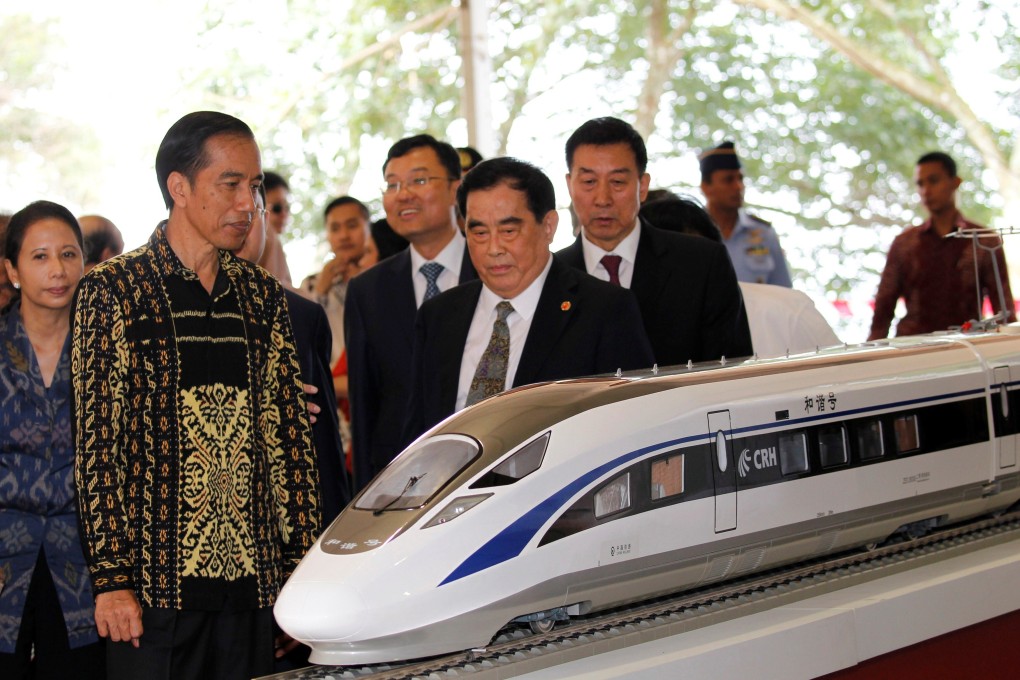Opinion | Is Indonesia moving towards Japan and away from China? Just follow the railway tracks
- Jakarta is looking to connect projects being separately built by the two East Asian nations into one longer line
- The cost of China’s section of the venture and negative local sentiment towards Beijing all play a part, as do confrontations in the Natuna Sea

Now these two lines are to be brought together, forming a Jakarta-Bandung-Surabaya line, in a rare Belt and Road Initiative project that will see some collaboration between Chinese and Japanese engineers.
Japan is still unsure whether it will accept Widodo’s proposed change. However, there are questions over what factors led Jakarta to change the plan, including what the Indonesian president meant in his statement.
Tokyo’s surprise is probably reasonable. While the new proposal is still currently being studied, the change is reportedly very difficult to realise.
For instance, the train configurations and the width of the track are different. While trains can travel at 300km/h on the high-speed Jakarta-Bandung railway built by China, Indonesia and Japan have agreed upon a medium-speed, 160km/h configuration for the Jakarta-Surabaya line. Other specifications reportedly differ as well, including the width of the tracks.

01:31
Asian giants’ power struggle gives Nepal a new railway
